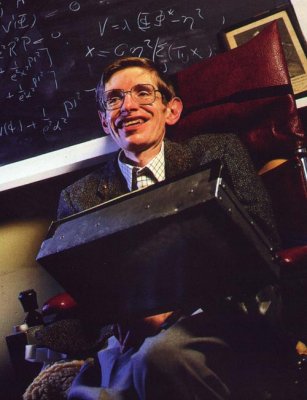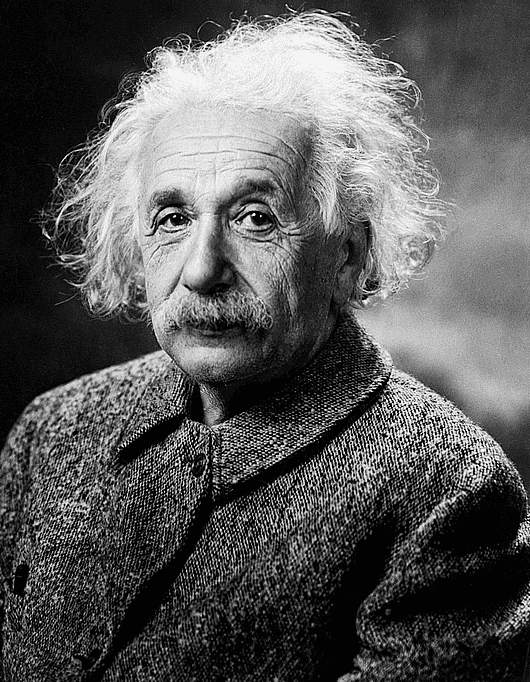Hi guys, science time!!! To begin with, show you a part of the movie, Angels & Demons,
Angels & Demons Clip: "The God Particle"
Now that you have watched the clip, we will move on to our main topic for the day -- the Large Hadron Collider (LHC).
Due to the fact that a micro black hole might be produced in the process, many people fear that if the experiment gets out of control, the black hole created would devour our planet. (There are numerous videos on the internet but I will not put it up here as I am not trying to spread fear.) Luckily, on the 30th March 2010 when the particles collided, nothing wrong happened. Let's hope that nothing bad will. Reading the article below helped alleviate a bit of my fear.
**************************************************
Submitted by Seher Dhillon on Thu, 04/01/2010 - 09:57
http://markdowe.files.wordpress.com/2008/10/diagram-of-lhc1.jpg
Scientists at CERN, the European Organisation for Nuclear Research, achieved a big success by creating mini Big Bangs that will provide them with a glimpse of the creation of the universe.
The Large Hadron Collider (LHC) at CERN on Tuesday set a record by crashing proton beams into each other at 50 per second.
Speaking on the experiment, spokesperson James Gillies said, “It would be like sending more and more cars in opposite directions down one side of a motorway, more and more would be smashing into each other head-on.”
Now, scientists are making efforts to achieve particle collisions at 300 per second inside the LHC at CERN.
The experiment attempts to reveal the mysteries of the creation of the universe.
Some doomsday theorists have warned that the LHC experiment could put the whole humanity at risk by creating tiny black holes which could suck in all matter around them.
But, scientists at CERN said that the experiment could create tiny black holes but they would dissolve in just a fraction of a second.
Opinions:
We will surely be hearing more and more news about CERN and the LHC every now and then, because it is the largest science project that will continue to grow in the future. We might hear more and more about it in movies, novels and news, and so it is good to know a little about it, even though you might not be interested in science. For those who are fascinated by black holes, wormholes, time travel, spacetime or the Fourth Dimension, you might get the answer you want sooner than you think. As for me, I really want to know if Albert Einstein and Stephen Hawking are right or wrong. If wrong, how far wrong are they, because that can tell us how smart the human brain can get.
collide -- (especially of moving objects) to hit something violently
alleviate -- to make something bad such as pain or problems less severe
Resources:
http://www.imdb.com/title/tt0808151/
http://www.youtube.com/watch?v=Bbzwgy4Gn3g
http://en.wikipedia.org/wiki/Large_Hadron_Collider
http://www.youtube.com/watch?v=qQNpucos9wc
http://topnews.co.uk/23285-scientists-cern-attempts-understand-big-bang
http://en.wikipedia.org/wiki/Big_Bang
http://en.wikipedia.org/wiki/CERN
http://en.wikipedia.org/wiki/Micro_black_hole
http://en.wikipedia.org/wiki/Safety_of_particle_collisions_at_the_Large_Hadron_Collider
http://dictionary.cambridge.org/define.asp?key=14947&dict=CALD&topic=accidents-involving-vehicles
http://dictionary.cambridge.org/define.asp?key=2188&dict=CALD
http://en.wikipedia.org/wiki/Black_holes
http://en.wikipedia.org/wiki/Worm_holes
http://en.wikipedia.org/wiki/Time_travel
http://en.wikipedia.org/wiki/Fourth_dimension
http://en.wikipedia.org/wiki/Spacetime
http://en.wikipedia.org/wiki/Albert_Einstein
http://en.wikipedia.org/wiki/Stephen_hawkings







